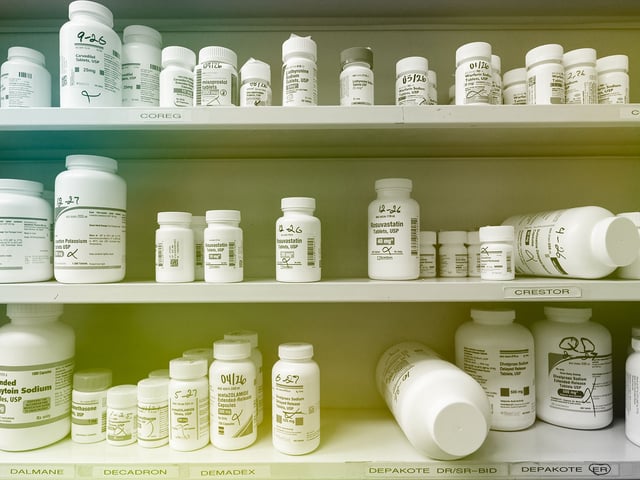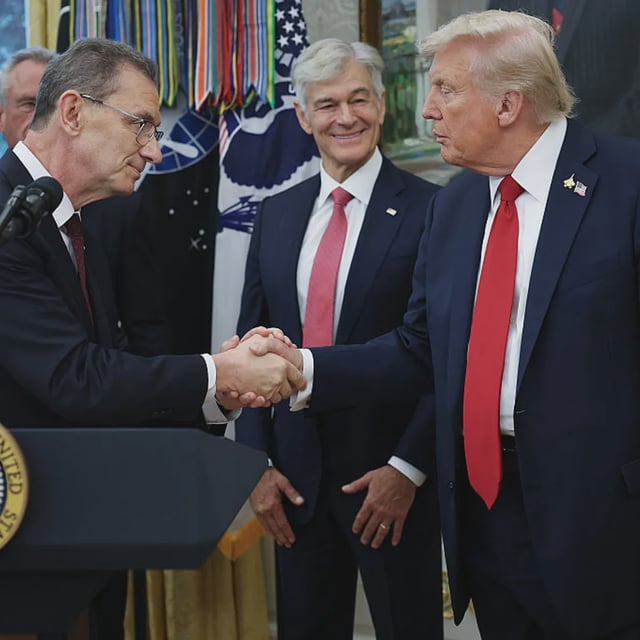Overview
- Pfizer agreed in late September to price new U.S. launches in line with developed markets and to repatriate increased revenues, though the company has not detailed how that will work.
- The pact followed threats of a 100% tariff that have not taken effect, and officials have given no new timeline as other drugmakers signal talks with the administration.
- Backers of the approach, including former U.S. trade official Jeffrey Gerrish, say parity would pressure other high‑income countries to pay more, spreading costs more evenly.
- AbbVie and Bristol Myers Squibb set U.K. list prices at U.S. levels for certain medicines, drawing calls from advocacy groups for a Competition and Markets Authority investigation over potential anti‑competitive conduct.
- Critics label MFN‑style pricing a politically appealing yet flawed fix with legal, trade and innovation risks, and they warn any savings may reach only narrow patient groups rather than most consumers.



